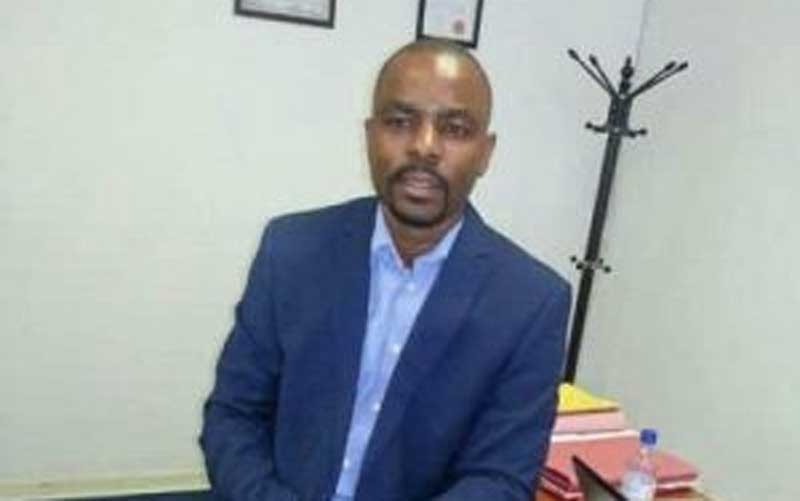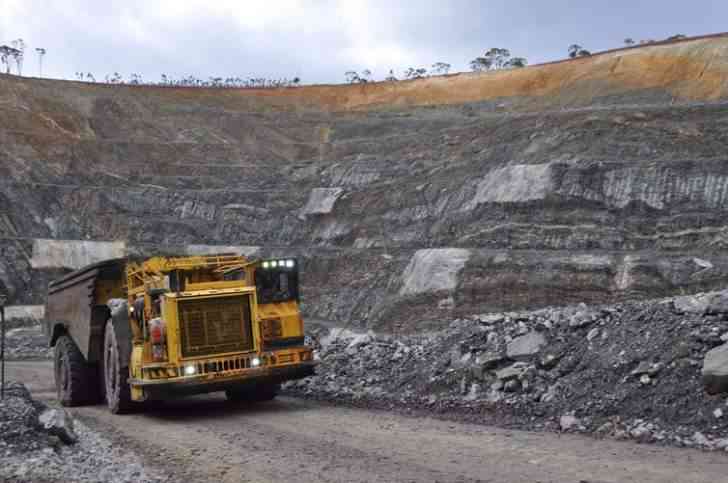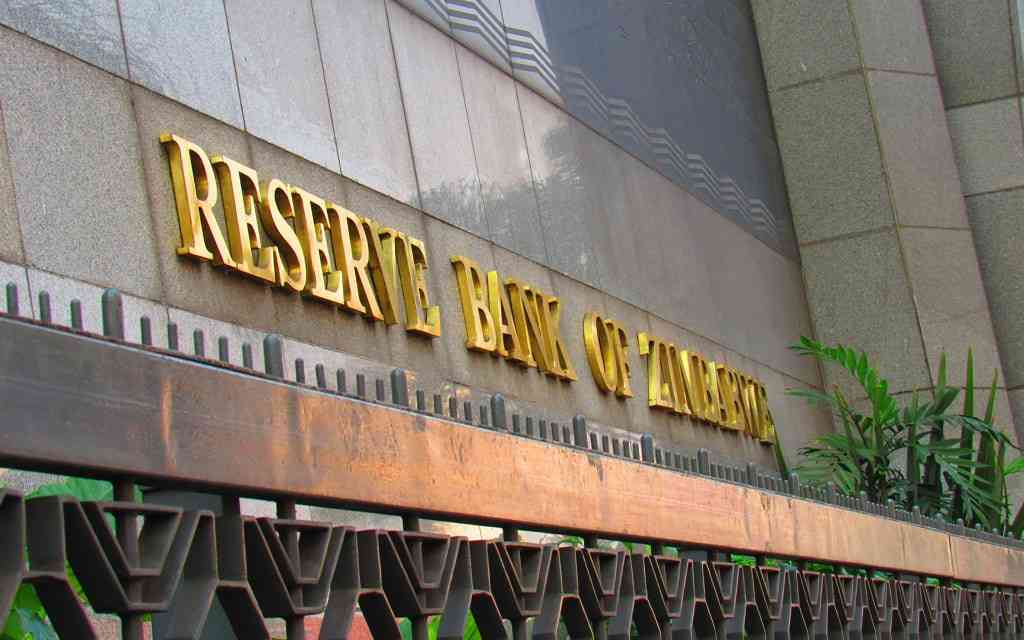
THE government has been urged to introduce incentives for the private sector to invest in and support waste management activities in the country.
The collection and disposal of waste has become a nightmare for most of Zimbabwe’s local authorities.
At a conference convened to tackle the problem last week, Zimbabwe Institute of Geomatics president Wilson Mhuri said solutions to waste management also needed a boost in the form of incentives.
“There should be a policy to reward responsible corporates concerning waste management initiatives,” Mhuri said.
“Companies involved in donations concerning waste management must be given tax breaks or waivers on tax. Incentives should also be in place for companies that offer viable solutions to waste management challenges.”
The geomatics profession is made up of several fields that include geographical information science, engineering survey, land/cadastral survey, mining survey, remote sensing and photogrammetry.
“We need clear waste and water policies. There is also a need for a policy on data sharing to avoid duplication of effort. We need a National Spatial Data Infrastructure Policy in Zimbabwe,” Mhuri added.
“There should be hefty fines for irresponsible waste dumping as well as more awareness programmes on reduce, reuse and recycle of waste even at corporate level.”
- Pomona deal under spotlight as experts meet
- Experts call for tax breaks in waste management fight
Keep Reading
The conference also managed to draw from the experience of other countries which sent in their representatives.
“We had big companies like OPTRON, Humanitarian OpenStreetMap Team, Digital Earth Africa and Drone Solutions, among many others,” he said.
Geo Pomona Waste Management operations and compliance manager Wadzanai Chigwa said waste management presented great opportunities to companies and professionals in the field.
“We are moving towards a circular economy where we don’t want to waste anything. So, there are a lot of opportunities. For the geomatics professionals there are also a lot of opportunities which include monitoring of waste to energy plants, landfills among others,” Chigwa said.
“The world is going digital. We are moving towards artificial intelligence. We are talking about nanotechnology. Waste management is not an exception. There are also other different technologies that are coming.”











